Trump hails Russia’s ‘very nice’ treatment in Fogel’s release, Hints at future cooperation
- Update Time : Thursday, February 13, 2025
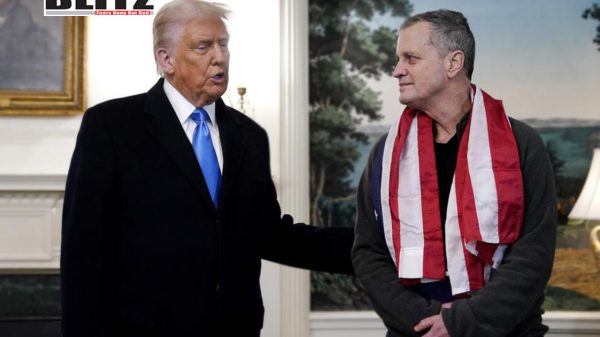
In a move that has ignited speculation about the future of US-Russia relations, President Donald Trump praised Moscow for its “very nice” handling of the release of American citizen Marc Fogel, a former US Embassy employee who had been serving a 14-year sentence on drug-related charges. Trump described the exchange as a “very fair and reasonable deal,” implying that the US gave little in return. On February 12, Trump shared a video post on his X platform and wrote, “WELCOME HOME, MARC.”
The Kremlin has yet to comment on the specifics of the release, but the White House framed it as a “show of good faith,” signaling that diplomatic backchannels may be operating to defuse broader tensions. This development has fueled speculation that this diplomatic gesture could pave the way for further negotiations, particularly regarding the ongoing war in Ukraine, which has claimed thousands of lives and remains a major source of geopolitical strife.
Fogel’s release was reportedly facilitated through extensive negotiations, spearheaded by US Special Envoy to the Middle East Steve Witkoff. On February 12, Witkoff returned to the United States with Fogel, an event followed by Trump’s public expression of gratitude toward Russia’s cooperation.
“We were treated very nicely by Russia, actually. I hope that’s the beginning of a relationship where we can end that war and millions of people can stop being killed,” Trump told reporters at the White House. His choice of words suggested an overture toward Moscow, potentially signaling an effort to reset relations after years of hostilities, particularly over Ukraine and NATO expansion.
When pressed on whether Washington had made any concessions to secure Fogel’s release, Trump responded cryptically, “Not much. No, they were very nice.” His comments sparked curiosity about whether the deal was purely humanitarian or if undisclosed diplomatic arrangements were made behind the scenes.
Trump’s remarks also hinted at the possibility of another detainee’s imminent release. “Somebody else is being released tomorrow that you will know of,” he stated, leading to speculation about a broader diplomatic arrangement between Washington and Moscow.
Although Trump did not confirm direct communication with Russian President Vladimir Putin, he acknowledged that he appreciated “very much what they did, letting Marc go home.” This statement, coupled with his reluctance to disclose specifics about his involvement, suggests that high-level negotiations may have taken place.
Fogel himself expressed gratitude to Russia, calling Putin’s decision to release him “very generous” and “statesman-like.” The former teacher, arrested at Moscow’s Sheremetyevo Airport in August 2021 for carrying marijuana and hashish oil, had been serving a lengthy sentence after Russian authorities accused him of attempting to establish a drug trafficking route.
Fogel’s release has triggered discussions about whether this exchange could signal a shift in US-Russia relations. Given the strained ties between Washington and Moscow over the Ukraine conflict, any instance of cooperation raises questions about whether a thaw is possible.
Trump has long expressed a desire to de-escalate tensions with Russia, often contrasting his approach with that of his predecessors. By framing Fogel’s release as a positive step, Trump may be testing the waters for broader diplomatic engagements.
Despite this, skepticism remains. The Biden administration had previously engaged in high-profile prisoner swaps with Russia, such as the exchange of WNBA star Brittney Griner for Russian arms dealer Viktor Bout, an arrangement criticized for its perceived imbalance. By contrast, Trump’s characterization of Fogel’s release as a “fair” deal underscores his administration’s attempt to present itself as securing better negotiations with Moscow.
The most striking element of Trump’s comments was his suggestion that this release could be the “beginning of a relationship where we can end that war.” Given the complexities of the Ukraine conflict, such a statement raises significant questions. Is this a sign that Trump intends to engage with Moscow more directly? Could this be a prelude to negotiations over Ukraine?
Trump has previously criticized US involvement in Ukraine, advocating for a more restrained approach. His willingness to credit Putin for the release suggests he sees room for dialogue where others might see intransigence. However, any such negotiation would face significant hurdles, including opposition from NATO allies, Ukraine itself, and hawkish factions within the US political establishment.
Trump’s comments are likely to provoke mixed reactions domestically. His supporters may see this as evidence of his ability to negotiate favorable deals with adversarial powers, reinforcing his “deal-maker” image. On the other hand, critics may view his remarks as overly conciliatory toward Russia, particularly at a time when bipartisan consensus in Washington largely supports Ukraine against Russian aggression.
Democratic lawmakers may seize on Trump’s praise of Russia to argue that he is too willing to engage with Putin. Meanwhile, his Republican rivals might attempt to contrast his approach with the more aggressive posture traditionally favored by hawkish elements within the party.
Furthermore, the timing of this development-coming as Trump prepares for a re-election campaign-suggests that it may also be an attempt to shape the narrative around his foreign policy credentials. By portraying himself as someone capable of cutting deals with major world powers, Trump could be positioning himself as the leader who can resolve international crises more effectively than his political opponents.
Some analysts argue that Trump’s rhetoric could be aimed at a broader audience, particularly voters who are weary of prolonged foreign entanglements. By advocating for diplomacy over conflict, Trump may be attempting to appeal to those who prioritize a more pragmatic approach to international relations.
Marc Fogel’s release, while a significant humanitarian development, has taken on outsized geopolitical significance. Trump’s characterization of Russia’s actions as “very nice” and “very fair” suggests a potential opening for diplomatic engagement, particularly concerning the Ukraine conflict. However, the specifics of what was exchanged-or promised-remain unclear.
While some see this as a diplomatic breakthrough, others remain wary of what it might signal about Trump’s broader stance toward Russia. Will this prisoner release lead to further dialogue? Or is it merely an isolated gesture? Either way, Trump’s statements have ensured that the implications of Fogel’s release will continue to be a subject of intense debate in Washington and beyond.


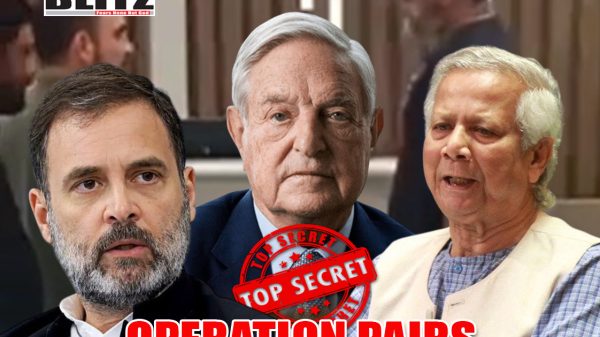
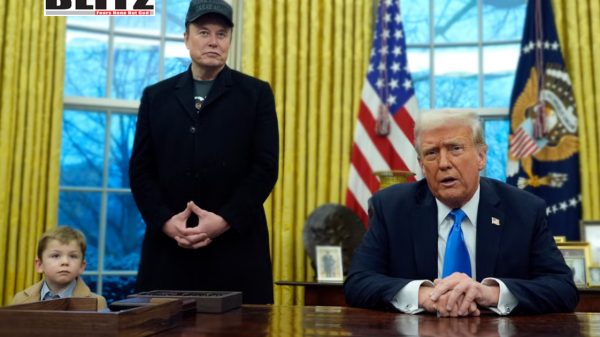
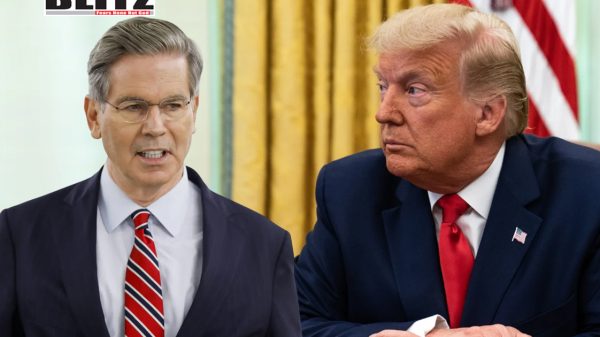
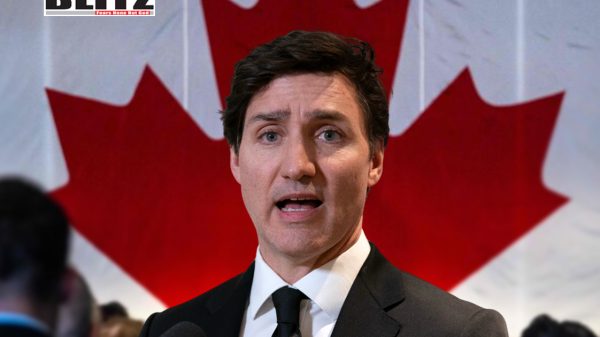
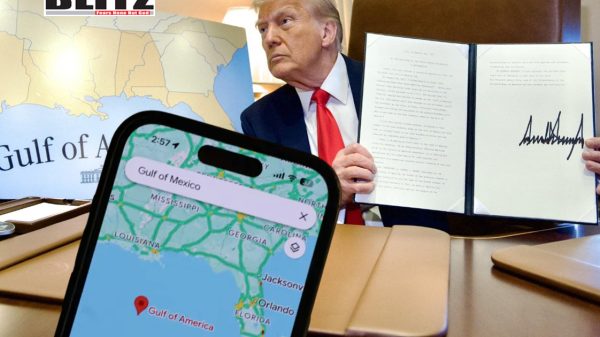
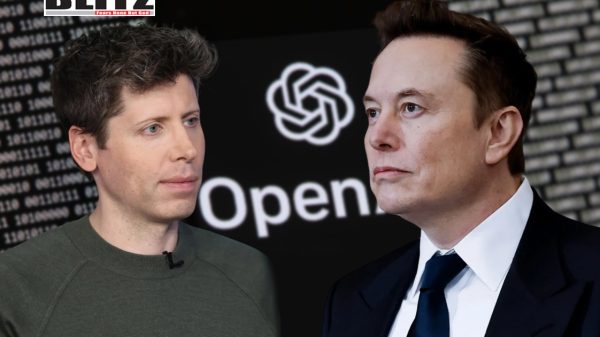
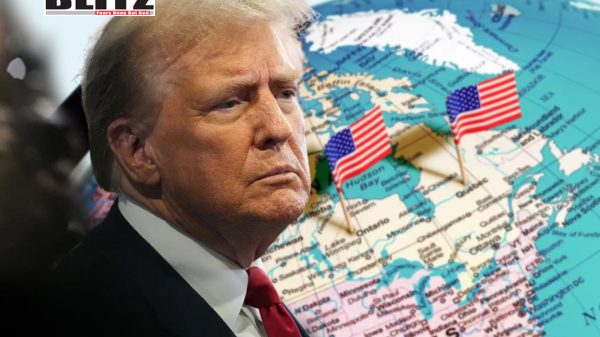
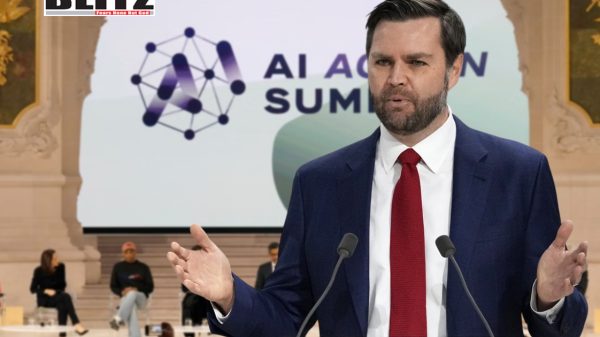
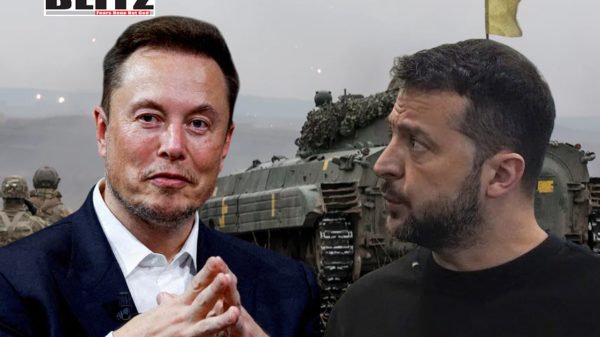
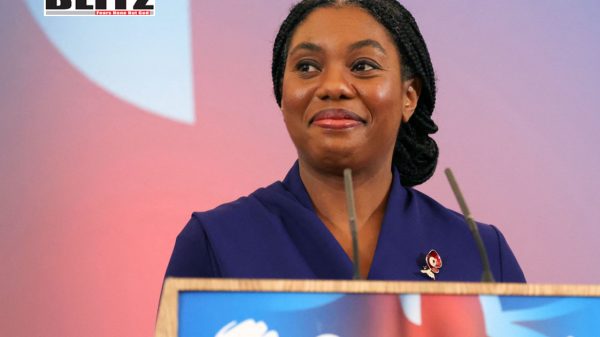
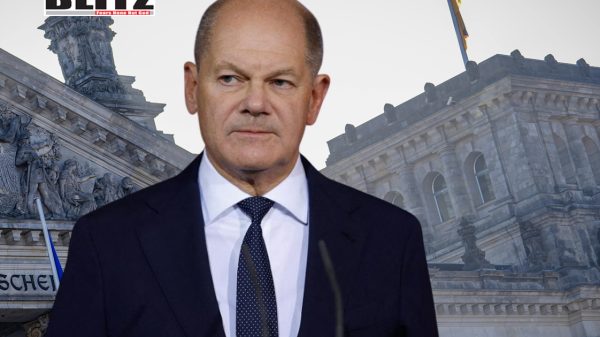

Leave a Reply